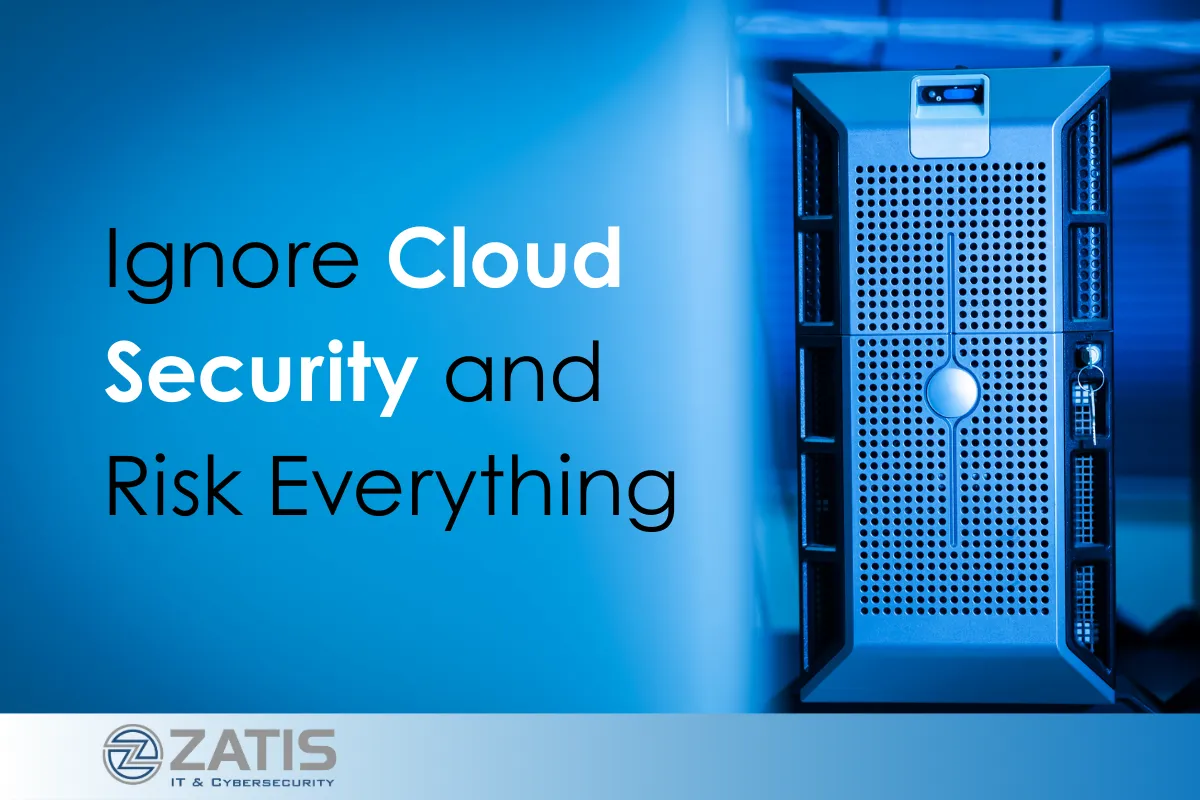
Why Cloud Security matters for your Business
The cloud changed the game, offering faster deployments, greater flexibility, and access from anywhere. Industries like Manufacturing, Construction, Financing, Education, Retail, and Logistics now rely on the cloud daily to run core operations.
But here’s the hard truth: the same power that drives your business forward can also open doors for attackers, if you're not careful.
So let’s be direct: why do you need cloud security, and what happens if you don’t have it?
The Cloud comes with benefits, and risks
You moved to the cloud for speed, scale, and savings. But without security, those benefits can quickly turn into liabilities.
Cybercriminals don’t care how big or small your business is. Whether you’re managing financial transactions, student records, factory systems, or patient data, they only care about one thing: access. And the cloud can give it to them, unless you lock it down.
Here’s what happens when you don’t have strong cloud security:
What’s at risk without Cloud Security?
Data breaches: Poorly secured cloud storage can expose sensitive data, customer info, financials, health records, or IP, leading to fines, lawsuits, and lost trust.
Account hijacking: Weak or reused passwords let attackers impersonate employees, access systems, and move laterally across your network.
Misconfigured settings: One wrong setting, an open port or unprotected database, can leave your entire infrastructure exposed to the world.
Insider threats: Not all breaches come from outside. Employees can unintentionally (or intentionally) leak data, introduce malware, or bypass security controls.
Whether you’re in Insurance, Telecom, Manufacturing, or Travel, the fallout can be severe: regulatory fines, downtime, reputation damage, and lost revenue.
Why Cloud Security is your Responsibility
Many businesses assume their cloud service provider handles everything. But the cloud works on a shared responsibility model:
The provider secures the infrastructure.
You secure your data, apps, and access.
Without your part, the cloud isn’t secure—it’s just exposed.
What Cloud Security should look like
Strong cloud security isn’t optional, it’s foundational. Here’s what every business needs to do, regardless of industry:
Encrypt your data at rest and in transit. Make it unreadable to attackers.
Control access with strong Identity and Access Management (IAM). Limit who can see what.
Run regular audits. Spot and fix vulnerabilities before attackers do.
Ensure compliance with industry regulations (HIPAA, PCI-DSS, GDPR, etc.).
Plan for incidents. Know how to respond, recover, and contain damage.
Back up your data. Always have a secure, recoverable copy in case things go wrong.
These steps aren't just best practices—they're your business's defense line.
What if you're not sure where to start?
Cloud security isn't something you set and forget. It's a continuous process that evolves with your business. Whether you're a life sciences company protecting research, a professional services firm handling client data, or a retailer syncing locations, the risks are real—and so are the solutions.
Let’s take a look at your cloud environment, assess where the risks are, and build a strategy that fits your business model.
You don’t need to panic, you just need to prepare.
Reach out today, and let’s get your cloud security where it needs to be.
Book a call with ZATIS IT & Cybersecurity
BeZATISmart, BeZATISafe and BeZATISfied.
